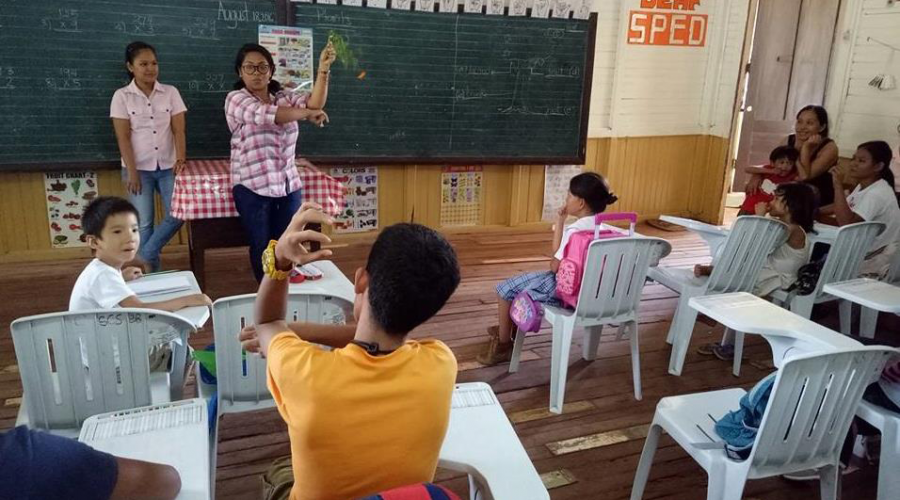Sen. Bam rallies support for Filipino deaf community, FSL Act
Deaf Filipinos will soon be empowered with their own national language after the Senate passed on third and final reading the Filipino Sign Language (FSL) Act, according to Sen. Bam Aquino.
On Tuesday, the Senate approved Senate Bill No. 1455 on third and final reading via 20 affirmative votes, zero negative vote and no abstention.
“We hope to build a society where every Filipino is valued and respected. Let’s support and empower the Filipino deaf community,” said Sen. Bam, who explained that the FSL Act seeks to recognize Filipino Sign Language or FSL as the national sign language and endeavors to bring it to the mainstream.
In his sponsorship speech as vice chairman of the Committee on Education, Sen. Bam said the FSL will give the deaf community better access to government services, information, education, and justice.
If enacted into law, the FSL will become the official mode of communication of the deaf for government services, calling for trained interpreters in various government offices.
The measure also aims to make FSL as means of interpretation in broadcast media, delivering news and information consistently to the deaf community.
In his five years in the Senate, Sen. Bam has continuously worked hard for the welfare of persons with disabilities (PWDs). In the 16th Congress, Sen. Bam pushing the passage of Republic Act 10754, which exempts PWDs from paying value added tax (VAT), as co-author.
Sen. Bam also worked for the passage of Republic Act 10905 or the Closed Caption Law as co-author. It requires television networks to use the closed captioning system for news and current affairs programs and entertainment shows for the benefit of viewers with hearing impairment.
In the 17th Congress, Sen. Bam filed Senate Bill No. 967 requiring Filipino Sign Language insets for local news programs. He also filed Senate Bill No. 1249 seeking to mandate government offices and private companies to allocate a percentage of their workforce for PWDs.

Recent Comments